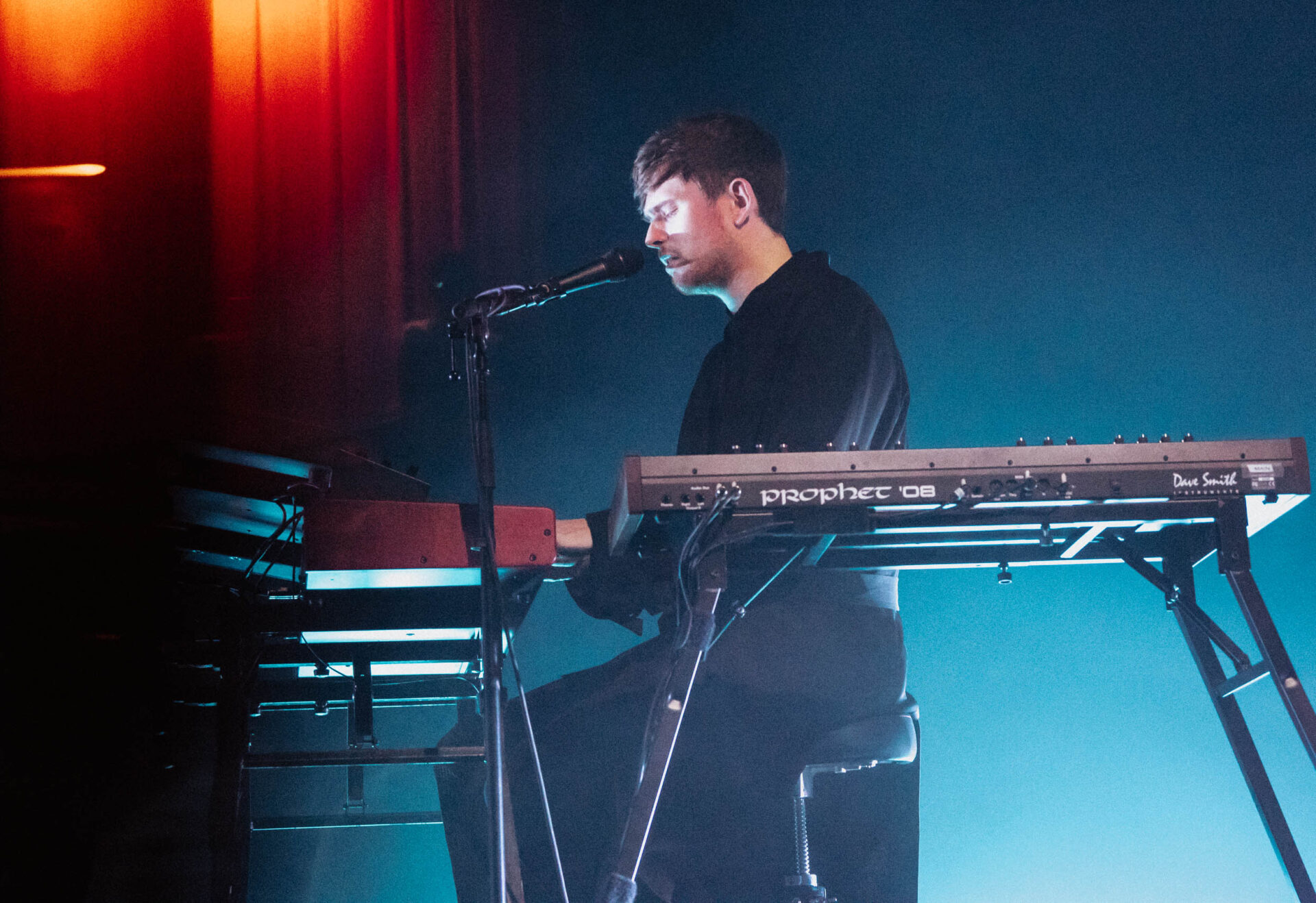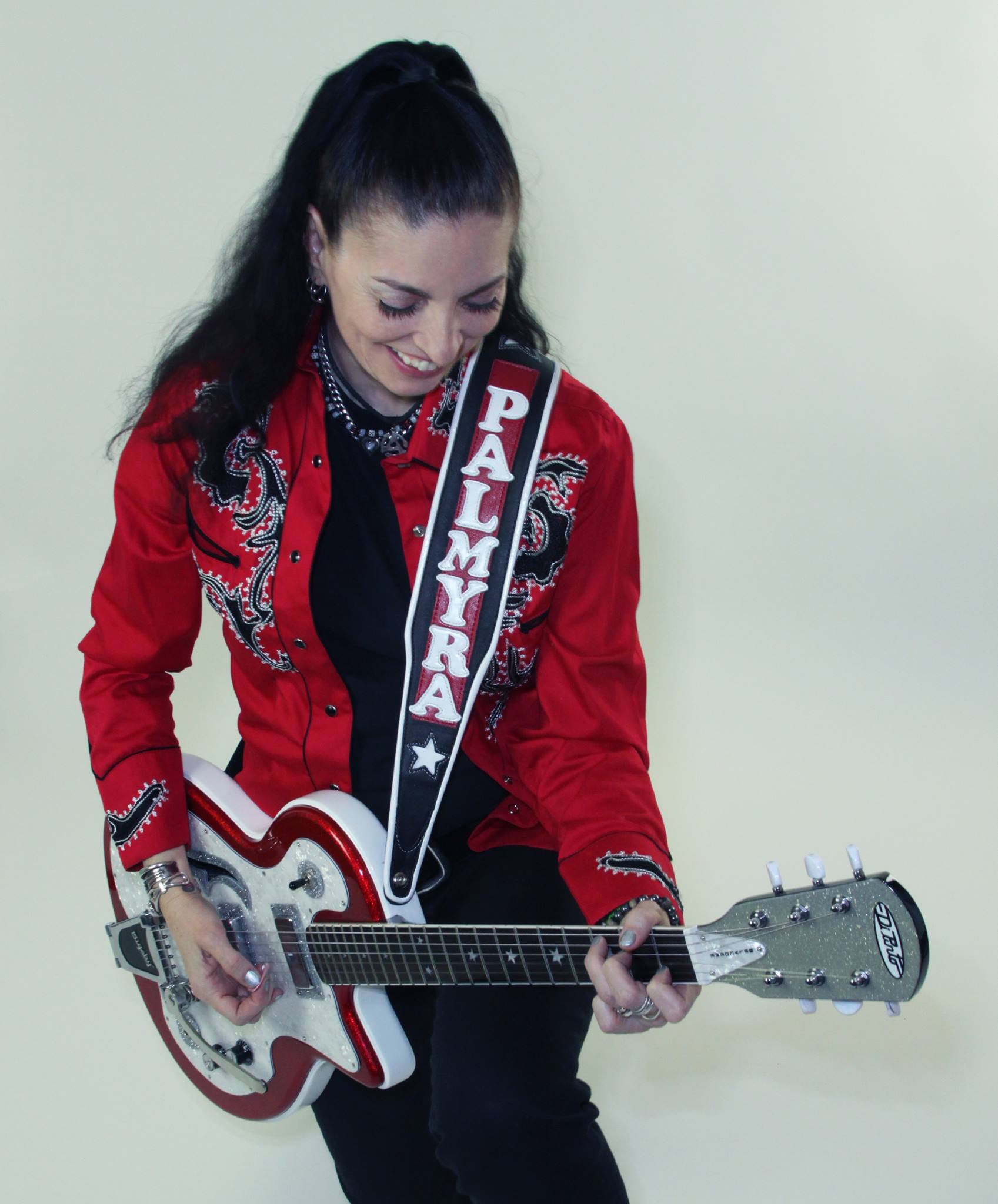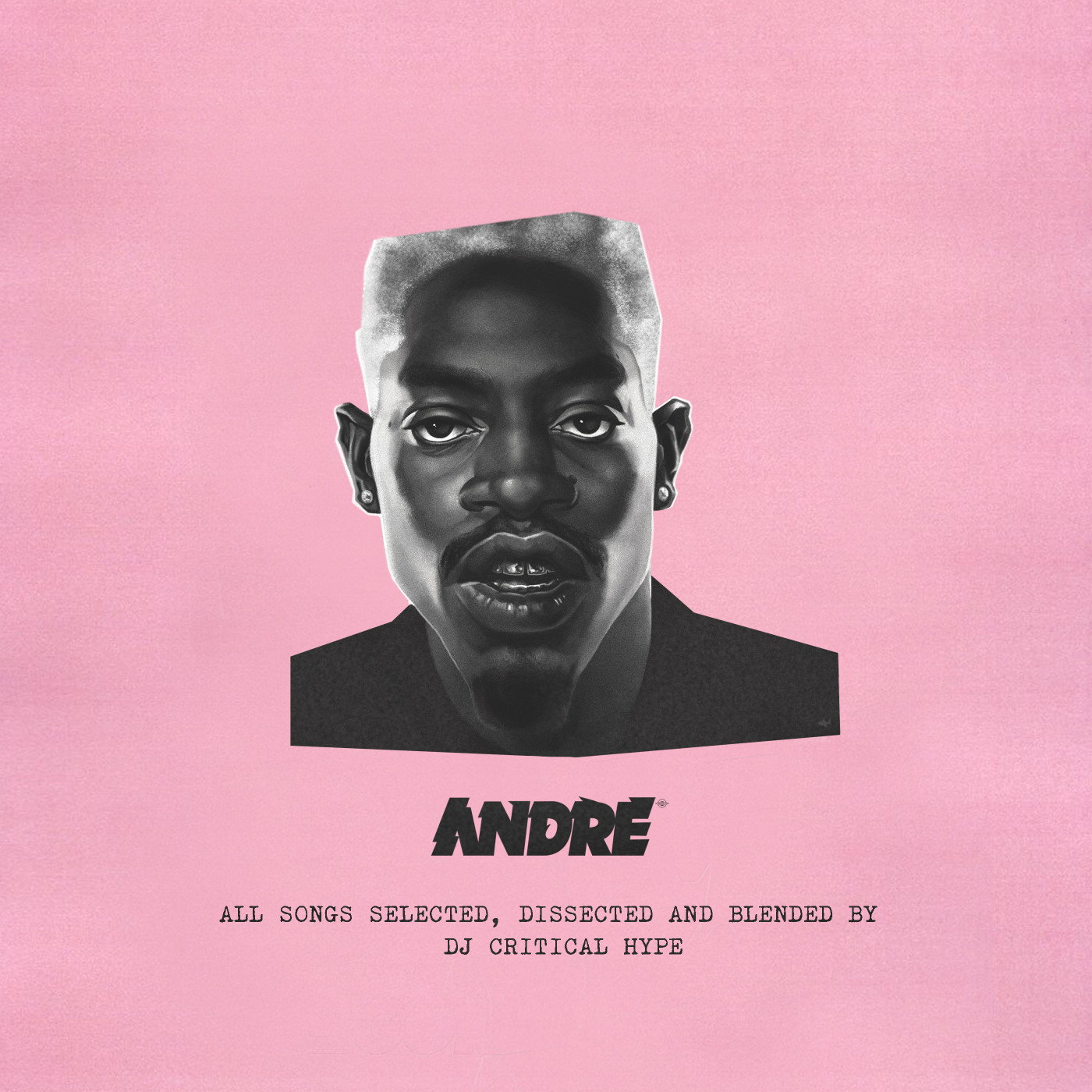If you haven’t heard yet, as has been said through most of the MCU transition from 2019’s Avengers: Endgame, things are in flux. Since the inclusion of Disney+ shows into its extensive canon, the universe has been pulled in multiple directions with more projects on the docket, resulting in uneven results on both big and small screens. Going into 2024, Marvel had to decide how to welcome those who felt the weight of the number of projects they had to follow. This is where the Marvel Spotlight series and the five-episode limited edition of Echo come in. In this series, two concurrent trains of thought try to pass the baton to one another. “Chafa,” in the first episode, tries to balance between being its own entity and a supercut of the tones from the Netflix Defenders series and the aftermath of Hawkeye. But if you stick with it, the overall point of the series starts to click. (Perhaps it gives Marvel an insight to not tinker so much with a finished product).
Yes, it flies against the notion that someone could enter this series cold. But that happens when a secondary character from one series becomes the main character in another. There’s time spent with a mish-mash of where we’ve been that might feel a little disoriented — intersplicing crucial events from Hawkeye and some new story context to point the audience in a new direction. Maya Lopez (Alaqua Cox) has been put through the emotional ringer and has a considerable amount of pent-up rage and anger to show for it. When she was young, her mother was killed in a car accident tied to her father William (Zahn McClarnon) mob dealings overseeing the Tracksuit Mafia. She also becomes an amputee as a result of a gruesome injury to her leg. After her death, William decides for him and Maya to move to New York because resident and intimidating crime lord Wilson Fisk/Kingpin (Vincent D’Onofrio) has a new job for him. This choice isolates Maya from her family and, most of all, her best friend Bonnie (Devery Jacobs).

(Right): Alaqua Cox as Maya Lopez in Marvel Studios’ Echo, releasing on Hulu and Disney+. Photo by Chuck Zlotnick. ©Marvel Studios 2023. All Rights Reserved.
Growing up in this environment inhibits Maya from getting into the business herself, even if Willaim doesn’t want that to happen. As the flashbacks show, William is killed, and Wilson becomes a father figure in Maya’s life. It’s dangerous when you have an agent of rage and somebody not hesitant to use it for their own gain. So, Maya starts to work for Wilson. Through a rather impressive one-shot fight sequence and a brief appearance from another Marvel figure, Echo gets the “previously on” aspect out of its system, and that’s where the show comes together. Maya bounces out of New York after a murder attempt on her uncle because an unnerving link comes up. Thus, she has to return to the small town she left and not only repair relationships, but get reacquainted with her Choctaw ancestry, which proves to be a power source.
Escaping the story side momentarily, Echo is a beautiful exercise of inclusion on multiple fronts. With Maya being disabled, wearing a prosthetic leg, and being deaf, the show seamlessly integrates the concepts of sign language and allows Maya to be the center point in action sequences. Nothing loses its emotional weight, and this is a major credit to Cox’s performance and the cast, comprised of Chaske Spencer, Devery Jacobs, Tantoo Cardinal, and Graham Greene, to name a few. The dynamic between the characters inside this contained story feels believable and should tear down any preconceived notions surrounding how we display people living with disabilities.

(L-R): Vincent D’Onofrio as Wilson Fisk/Kingpin and Darnell Besaw as young Maya Lopez in Marvel Studios’ ECHO, releasing on Hulu and Disney+. Photo courtesy of Marvel Studios. © 2023 MARVEL.
Another great aspect is the history of the Choctaw Nation and how it ties all the women of Maya’s family together. There are instances of the show where it recounts stories of different Choctaw women at different points in time and explains a spiritual aspect of Maya’s “power set, we’ll say.” It goes with the final episode, a centerpiece of a Pow Wow ceremony in town and Choctaw music, combining aspects of love, self-forgiveness, and being a warrior. When Maya returns to town, she’s very much in mercenary mode—not trying to see anybody (especially Bonnie, whom she cut off, and her aunt Chula, who hated her father for what happened to Maya’s mother). Her primary focus is taking over the empire of the man she thinks she left for dead. Of course, Wilson Fisk is alive, albeit with an eye patch. While we see his brutish side, D’Onofrio brings a sort of vulnerability to his overarching figure. Both Maya and Wilson have shared the trauma of losing their parents. Wilson chooses to get through it, ruling things with an iron fist with Maya.
Echo is the sum of how the past can haunt you, and seeing everybody as collateral is the wrong way to go. In many ways, this is a five-episode arc of a character starting to return to the things she held dear in the first place. With any limited series, some aspects of the story are rushed. Outside of a few scenes Maya and Bonnie have together, you’ll want to see more how that connection repairs itself. With this being touted as the first Marvel MA-TV series, there may be some expectation that things will have a grittier tone (much like the Netflix series). Echo balances that out where there are fight scenes, which certainly have a vicious quality. That said, there’s nothing overly excessive to the point of veering into John Wick‘s territory.
This is Marvel not only moving out of the star, timeline crossing gaze it’s been locked inside; it’s a test to see if this universe can move into more serious territory. You won’t find the TVA here; that might be refreshing for some. There are still some issues with the presentation of episodes. It’s time to leave when you are fully nested inside Tahama and invested in all the characters. It’s the dichotomy of Marvel always having to elude to the next thing while providing characters to root for. Once Echo becomes an insular thing grounded in a story of legacy and family, it succeeds — perhaps giving Marvel a bigger blueprint on where to take its Spotlight projects going forward.













